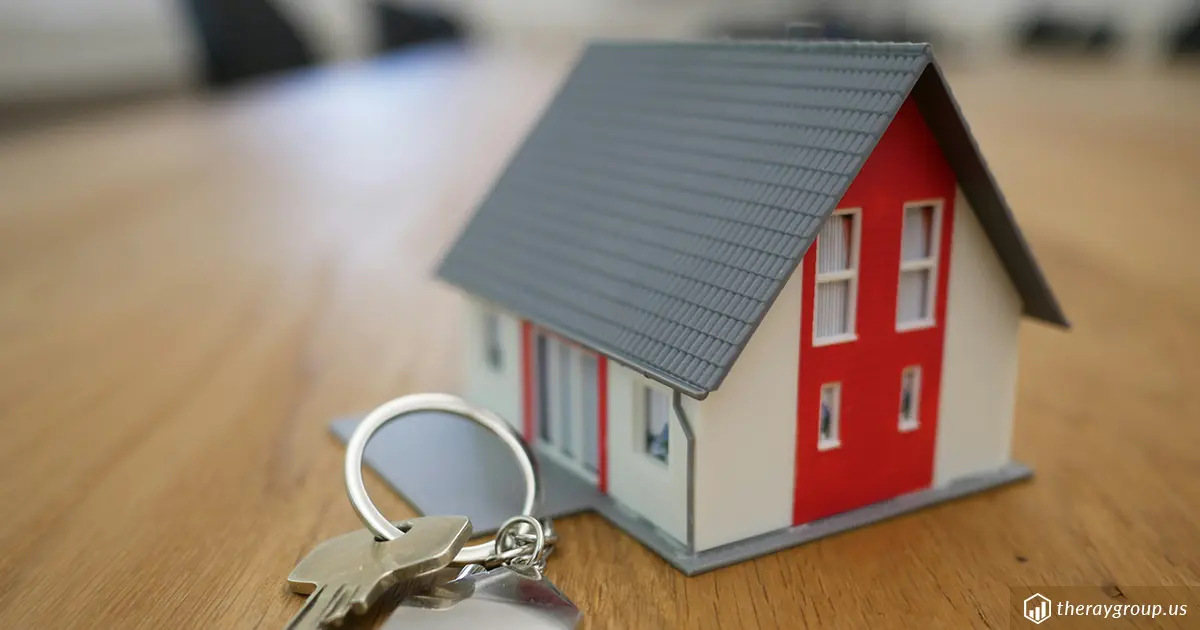
Buying and selling a house is a momentous occasion in a person’s life. Unfortunately, not everyone will experience such an occasion. It’s a big step going through the process of pricing your home for sell. And even more exciting when moving into a new home elsewhere.
With all the excitement, you may not be thinking about whether you pay taxes when you sell your house. For this reason, many sellers opt to hire a realtor. Continue reading to learn more about if you pay taxes when you sell your house, particularly capital gains taxes.
What Is Capital Gains Taxes?
So, do you pay taxes when you sell your house? Yes, you pay capital gains taxes. In fact, since you get taxed for any money you earn, that also includes profits on a sold home. Capital gain is any profits that come from the sale of an asset. For example, selling a business, a home, stock shares, and a piece of land.
Based on your income and your filing status (married, single, etc.), income from capital gains is taxed at a specific rate. For instance, 2023 capital gains tax rates were 0 percent, 15 percent, and 20 percent on assets held for over a year.
Gain Exclusion
Thanks to the Taxpayer Relief Act of 1997, most people who sell their homes are granted a capital gains tax exemption. In fact, many people who sell their homes are not required to report the transaction to the IRS. However, this largely depends on the actual profits you made and how long you lived in the house.
For example, if you sell your home, and meet certain requirements, you can exclude from tax up to $250,000 ($500,000 for joint filers) of gain.
Qualifications for exclusion:
- You must have owned the property for at least two years during the five-year period ending on the sale date.
- Albeit periods of ownership and use don’t need to overlap, you must have used the property as a principle residence for at least two years during the five-year period.
Additionally, you cannot use the exclusion more than once every two years.
Gain Above The Exclusion Amount
What if you have more than $250,000/$500,000 of profit? Any gain that doesn’t qualify for the exclusion generally will be taxed at your long-term capital gains rate. But only if you owned the home for at least a year. If you didn’t, the gain will be considered short term and subject to your ordinary-income rate, which could be more than double your long-term rate.
If you’re selling a second home (such as a vacation home), it is not eligible for the gain exclusion. But if it qualifies as a rental property, it can be considered a business asset, and you may be able to defer tax on any gains through an installment sale or a Section 1031 like-kind exchange. Plus, you may be able to deduct a loss.
Special Circumstances
Even if you do not meet the requirements, there are special circumstances when you may still qualify for the tax exclusion or even a partial exclusion.
- You may include short temporary absences as time lived in the house to meet the home use requirement. This applies even if you rented the home during these short absences.
- If you get the home as part of a divorce settlement, you can count the time that your former spouse owned the home toward the home use time.
- If you are granted use of the home as part of a divorce settlement, the former spouse who does not live in the home can actually count the days that the other spouse does live in the home.
- In the event of a spouse’s passing, if the surviving spouse has not remarried by the time the house has been sold, they may count the deceased spouse’s ownership and usage of the property toward their own use requirements.
As you can see, whether you pay taxes when you sell your house is not a straightforward answer. Also, depending on your home sale profit and your income, some or all of the gain may be tax free. But for higher-income people with pricey homes, there may be a tax bill. We can help you plan ahead to minimize taxes and answer any questions you have about selling a home.
You may also enjoy reading: Claiming Medical Expenses As A Tax Deduction





